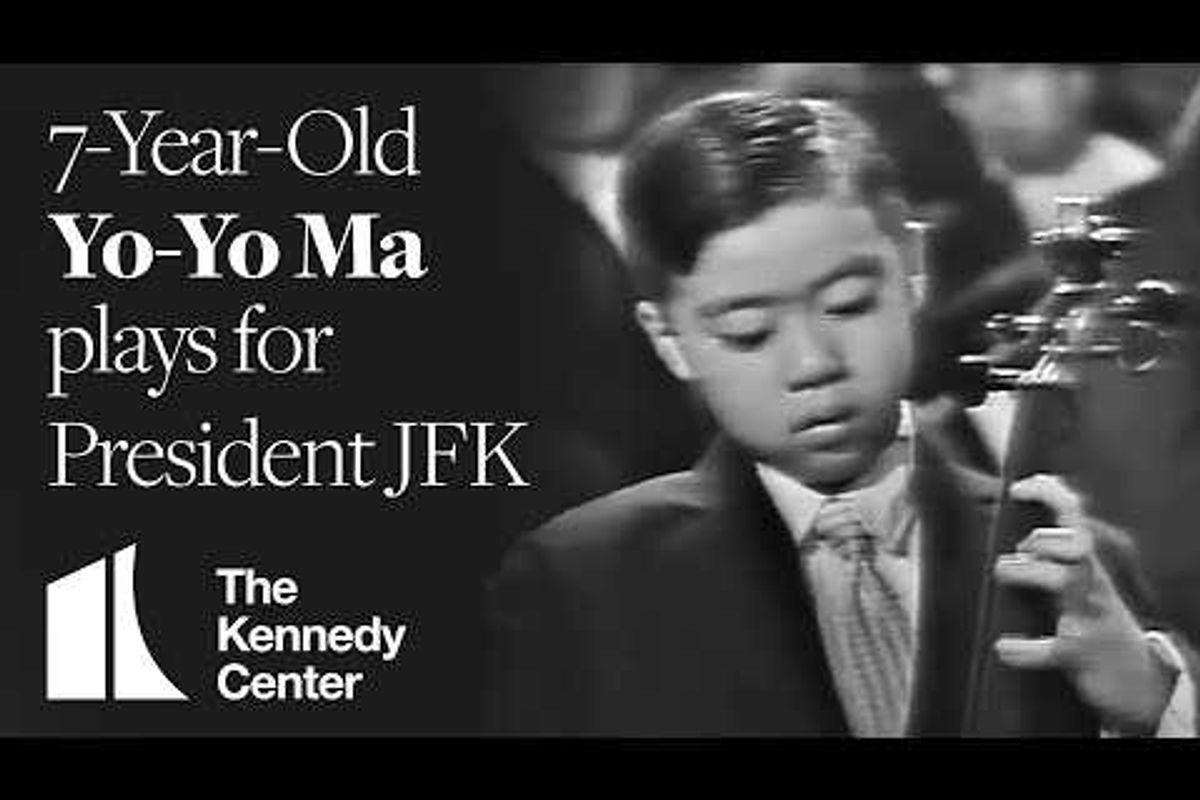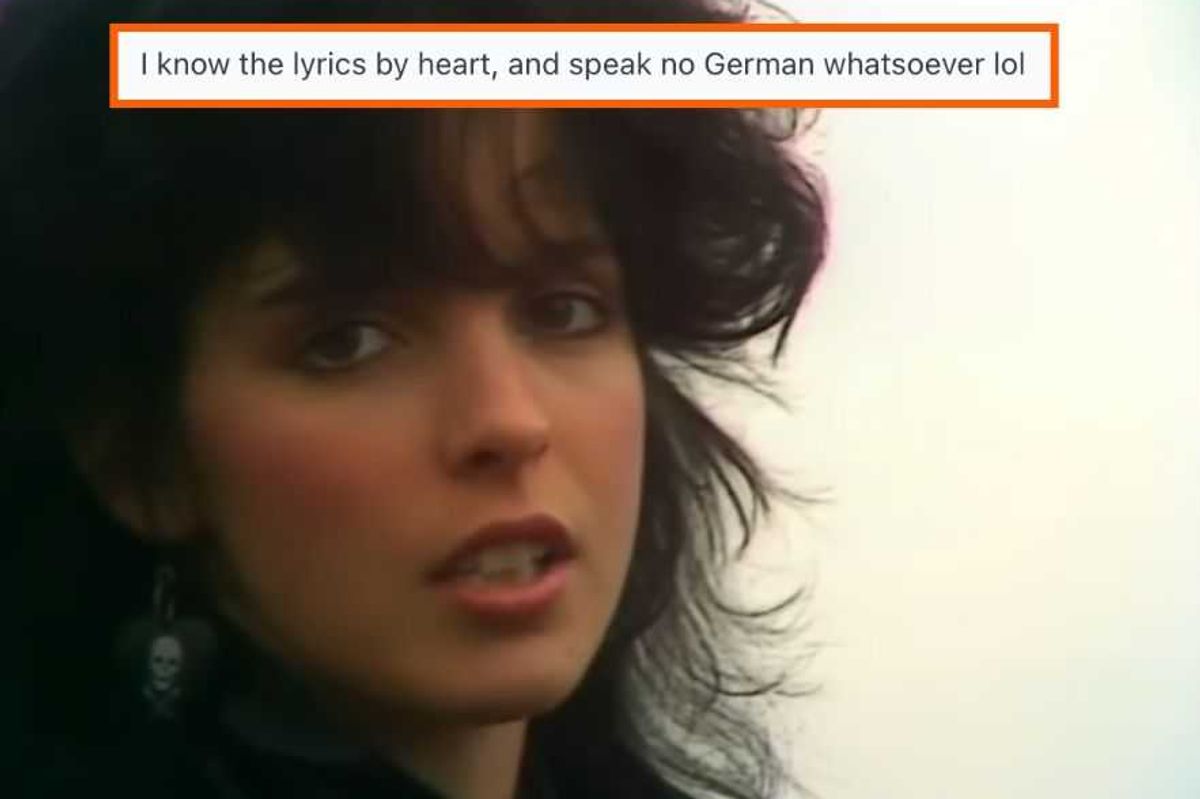For parents of disabled kids, one of life's biggest struggles comes from outside the home.
Everyone knows being a parent is hard. But parenting a disabled child carries challenges you don't expect.
Many of us in this world are juggling multiple tasks at one time. On any given day, we are nurses, therapists, advocates, teachers, personal care assistants, and administrative assistants managing their endless paperwork.
When I had my son, I expected to face these day-to-day difficulties of parenting a disabled child. But the challenge I wasn't expecting came from outside the home.
For years, I have always wondered why friends seem to drop like flies from my life. What am I doing wrong? Why do I struggle making and keeping friends?

For some parents of disabled children, friendships can feel almost impossible to maintain.
As our children grow and we move deeper into the trenches of childhood, we sometimes find that our lives are very isolated from the world around us. We turn on our laptops, tablets, or phones and see pictures of other parents at social events, throwing elaborate parties or cheering on their kids at sports. These moments can make our stomachs sink, our hearts hurt, and remind us just how isolated our lives have become.
We are maxed out with the daily care of our children, and every aspect of our lives is wrapped up in the complications and extra fighting needed to raise our children successfully.
Most of us are trying to balance the needs of our children, and their care is so extensive we are moving from one crisis to the next on a daily basis. My son demands 100% of my attention, and due to the complexity of his care, all of my energy is focused on his treatments, appointments, researching, and managing my emotions about the toll his care takes on my psyche.

The fact is, I’m not a very good friend.
I don’t have a lot of free time. My schedule is always changing, and it is impossible for me to keep plans. My son’s care wears me out physically and emotionally. Due to the high-stress life I lead, I am short of patience, and I can get easily annoyed by people. I say things I don’t mean out of frustration, and I take well-meaning comments too personally.
On the rare opportunity I can stick to my plans, the thought of socializing leaves me with a deep sense of anxiety. I know that I will have to talk about my life, and talking about my life makes me feel exhausted. When I have a chance to get away from my house, the last thing I want to do is talk about what is going on in my life.
Frequently the events I attend are in larger groups, and the conversation is small talk related to raising children. Parents want to talk about their children, and for many, it’s a way to bond. They commiserate about the woes of parenting. Yet, I always feel like an outsider because I don’t relate to their stories, and I have little of my own to contribute. I’m often lost in my thoughts, completely preoccupied with what I need to do for my son.

I might be near people, but I’m a million miles away.
I listen to amazing stories about vacations, outings, and all the milestones that their children have accomplished. When I hear others having wonderful lives full of happy memories, I find that I sink further away from the conversation. I nod my head and smile, but inside I’m screaming because our lives are so different and it feels so unfair. My son hasn’t met those milestones, we never go on vacation, and our lives are spent moving from one office to another for appointments.
If I do speak, I know that I will have to share our journey. Talking to anyone about our life has a way of making me feel incredibly anxious. After the stress of a day caring for him, I don’t want to recap what is going on, nor do I want to answer questions. I also don’t want anyone feeling sorry for us. More often than not, I find myself not saying much at all.
Eventually, the night ends. I feel depleted, sad, and I am reminded how out of place I feel in the world. I push everyone away from me because it is so hard to be around anyone. I don’t like being reminded our life is different, and I can’t handle how that realization makes me feel. Selfishly I can’t focus my energy on anyone other than my child, and helping friends navigate their problems is impossible for me. I realize I just cannot be the friend I need to be.
Texts go unreturned, I stop answering messages and emails on my social media, and I quit accepting invites or attending events. The truth is I push everyone away because I’m emotionally drained by my feelings. I know our life is different, I hate that my child is dealing with so much adversity, and I can’t relate to anyone around me.
In the end, friendships dissolve because I can’t contribute, keep plans, or give anything to anyone other than my son.
I’ve learned over the years that I’m not alone in my feelings.
Other parents of disabled children have shared these same feelings with me. The lives of parents of disabled children are not typical, and we are keenly aware of our differences.
Our lives are filled with appointments, therapy, and endless paperwork that will take us away from the world as we care for our children. We are not readily accessible to our friends for long periods of time. Many of us feel incredibly guilty for not being better friends, but most of us accept that we are incapable of nurturing meaningful relationships outside of our immediate family.
We wish more than anything that people understood that even though we can’t always be there for people — we desperately need them in our lives. Even though we can’t go to events, we wish people would remember to invite us. We wish we didn’t feel so out of place, and hope that one day we will find someone who gets our life.
More importantly, we wish we were capable of being better friends, and that we could relate to other parents. Our lives as parents of disabled children make having friendship a tough challenge, and for many of us giving up is more natural than fighting.
We fight for everything for our children, so when it comes to the fight to maintain relationships, we need a little more help from our friends.
- Mom responds to nasty note after parking in a disabled spot - Upworthy ›
- Seasoned grandma reveals 3 crucial rules all new grandparents must follow - Upworthy ›
- Help for a desperate mom who couldn't find size 23 shoes for her teenage son - Upworthy ›
- Mom says planning Disney trip perfectly explains why it's harder to parent now than in the 90s - Upworthy ›




 Cellist Yo-Yo Ma performing with the Los Angeles Philharmonic in 1988
Cellist Yo-Yo Ma performing with the Los Angeles Philharmonic in 1988

